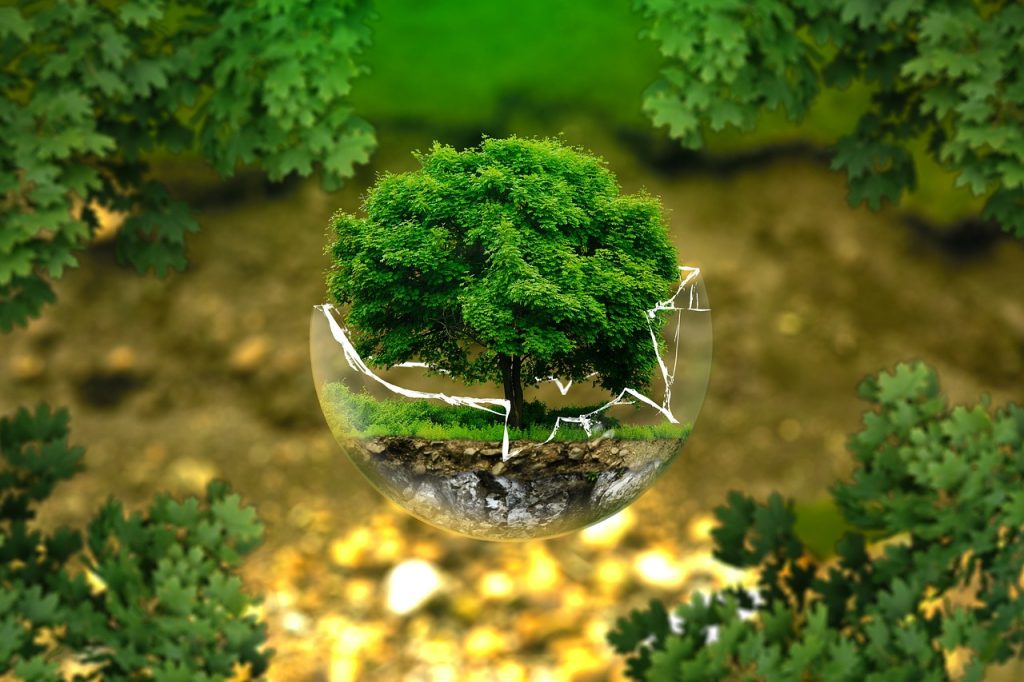The process of recycling PET bottles into fiber is notably less energy-intensive compared to the production of virgin polyester
Global warming and environmental pollution are emerging as serious issues around the world that threaten not only human life, but also animals, birds and sea life. Use of plastic products (Shopping bags & bottles etc.) is contributing a major role in spreading pollution. As per Guardian and Eco
Watch, worldwide a million plastic bottles and two million plastic bags are used every minute. Pakistan is also a big consumer market and tendency to use PET bottles for packing of beverages, medicine syrups etc. has increased tremendously over the last decade. As a result, it is becoming a big challenge for Government departments to cope up with this problem as it requires not only a large amount of financial and human capital, but also a lot of space to dump this waste.

With a vision to make environment clean Khalis Fiber & Spinning started to reuse scrap plastic bottles for productive and beneficial purpose and formed Khalis Fiber & Spinning Private Limited back in 2009 that produces Regenerated Polyester Staple Fibre (RPSF) that uses waste PET bottle flakes in production of its finished product. Khalis Fiber & Spinning are pioneers in this sector in Pakistan having production capacity of 18,000 MT/Year. The company consume 19 million kg’s approx. plastic waste every year to produce our finished product.
Instead of disposing of PET bottles as waste, the company extends their life cycle, ensuring that valuable materials are put to good use. This conservation of resources aligns with global sustainability goals, promoting responsible consumption and production patterns.
Khalis Fiber & Spinning’s investment in specialized fibers, including an array of vibrant colors, has environmental benefits as well. By providing fibers in specific colours directly to customers, the need for additional dyeing processes is eliminated. This not only saves water and energy but also reduces the discharge of dye-related pollutants into waterways, safeguarding ground water ecosystems. By using energy-efficient machinery and sustainable production methods, the company further minimizes its environmental footprint.
